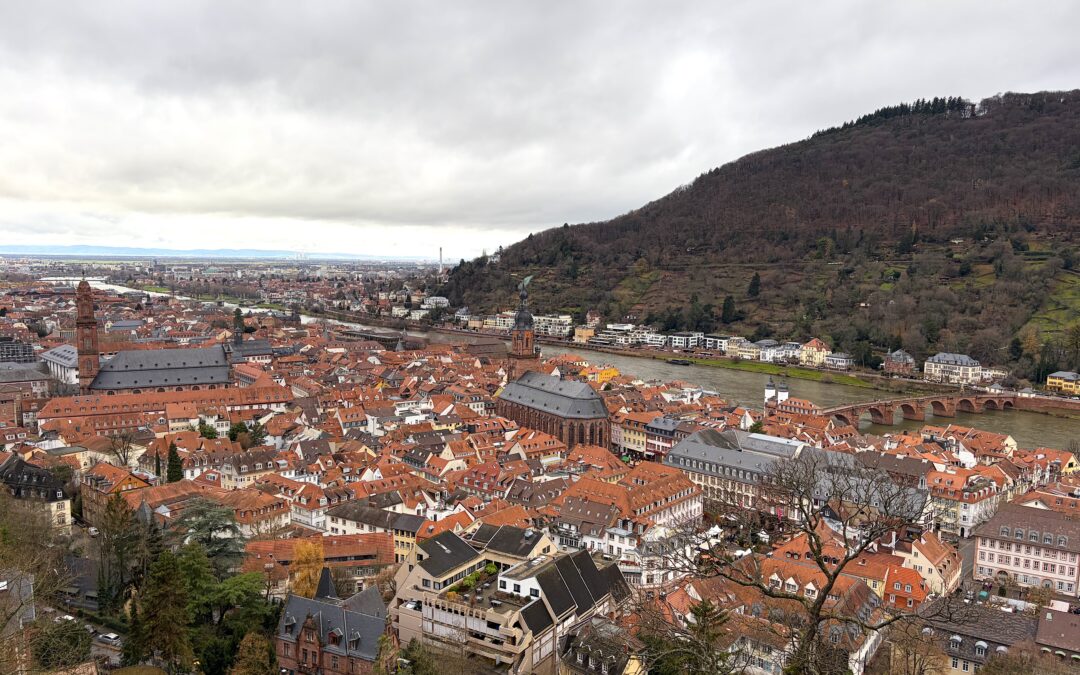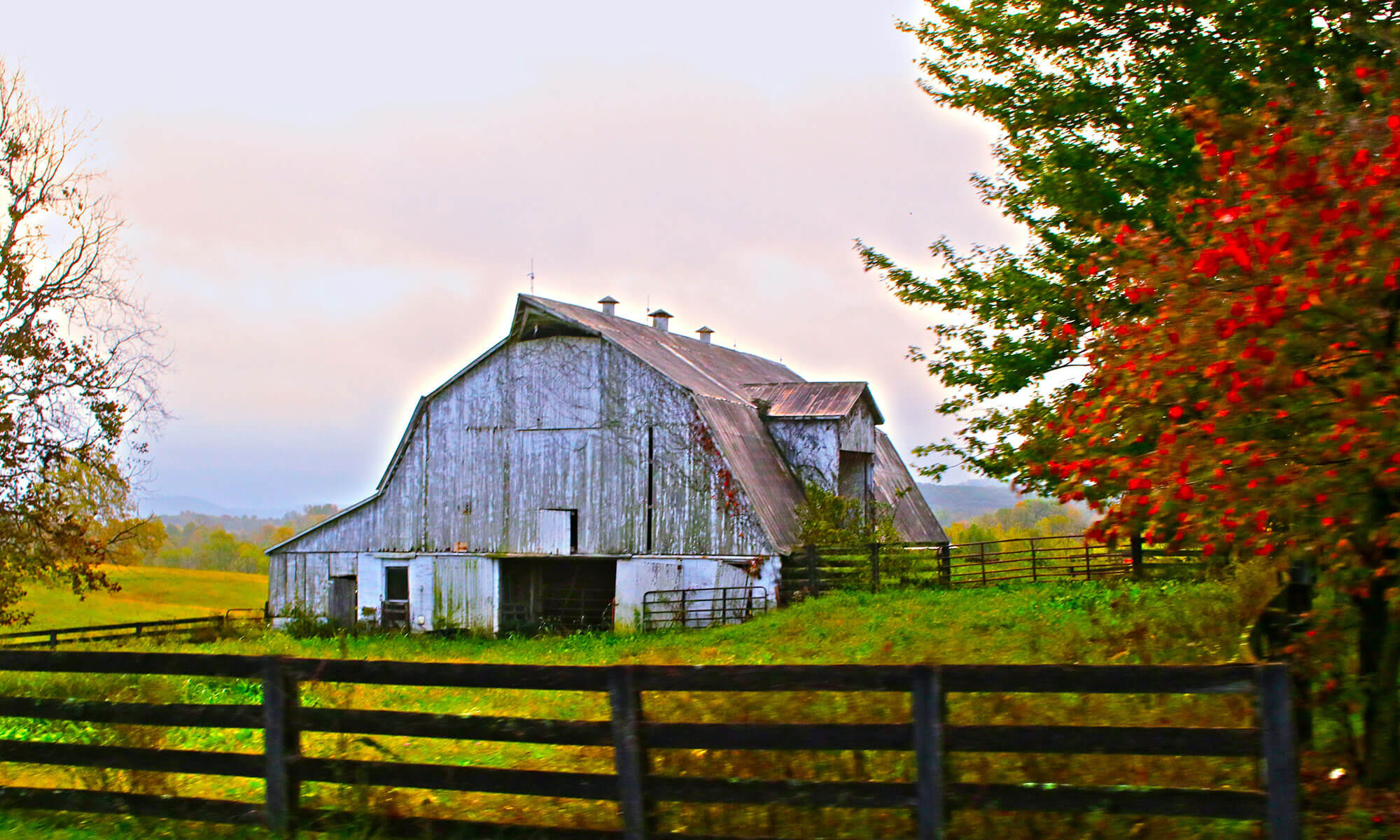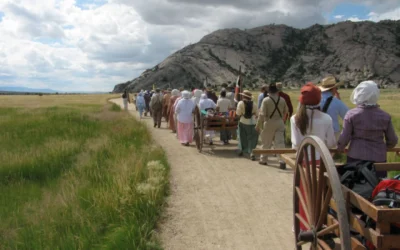Expand Your Research Outside Your Ancestor and Their House
Author and genealogist Dr. Thomas W Jones had some genealogy tips about getting over-focused on subjects and overlooking obvious free resources that exist outside of our desk. After completing his brilliant talk about Using Indirect and Negative Evidence to Prove Unrecorded Events, he answered the audience’s questions about the most common mistakes researchers make.
Video Transcript
Genealogy Tip: Genealogist Over-Focused on a Single Person
Dr. Jones: I think the biggest mistake genealogists make in general is too much focus, you know, which is sort of ironic because we start with a focused research question, but people will search just for one name and not consider other possibilities, or they will search a narrow timeframe or a narrow geographic area.
When the answer is to be found, it’s still findable, but it could be outside a logical timeframe or in a different jurisdiction than the one where you think the record’s supposed to be. But, you know, for some reason it wasn’t recorded where it was supposed to be. The record is somewhere else.
You know, learning about the neighbors and the relatives is useful, even though you might be interested in only one person. The neighbors and relatives have information about that person. But you have to research them so you can find out.
Genealogy Tip: Thinking Everything is Online
Chris: [Reading from the audience questions] Brad just shared because of the amount of evidence or lack of evidence you must go through, it sort of points to the need for boots on the ground and not relying so heavily on what’s available online.
Dr. Jones: Truer words were never spoken. It’s amazing to me even now. How much exists offline, but what’s really surprising is what, when I go offline, what I find that I didn’t even expect to be there. And so, for example, I went to this Galway Baptist church. It’s now the Galway Bible Baptist church, I think.
I emailed the minister to see if they had this record book when James Greenfield was there and he did, and I scheduled a time to visit.
When we got there, it was in the pastor’s residence. He had the dining room table full of books and he started clearing everything off, and I said, oh, don’t go to all that trouble. I just wanna look at this one record book. And so he brought out the one record book. And then he said, “Well, I have this book that talks about all the people who went to the general assembly, maybe James is there.”
You know, he had this and that. He started bringing up bins full of stuff. Among them was a surveyor’s map from when this town of Galway was founded. I think it was in 1783. And in 1983, their 200th anniversary, a local surveyor recreated a survey of all of the original landholders in 1783. This minister had this map.
There was James Greenfield on it and his brother William. And this was in a part of New York where the lots are numbered. They still use those lot numbers in land sales today. You know, I had no idea that such a thing existed and it gave me more information about my ancestor that I didn’t expect.
And that happens again and again, when I go on site looking for one thing, something else will turn up that is equally or even more useful than what I was looking for.
Chris: My mother, who was an excellent genealogist, used to always say, “To do good research, you have to get away from your desk and go into the field.” And she was pre-internet!
Dr. Jones: Yes. I kind of now think of it the same way. You have to get away from the internet and go into the field.
In today’s world, people who’ve moved their mouse around doing genealogical research for 10 years think they’re experts and they have no idea what they’re missing!





